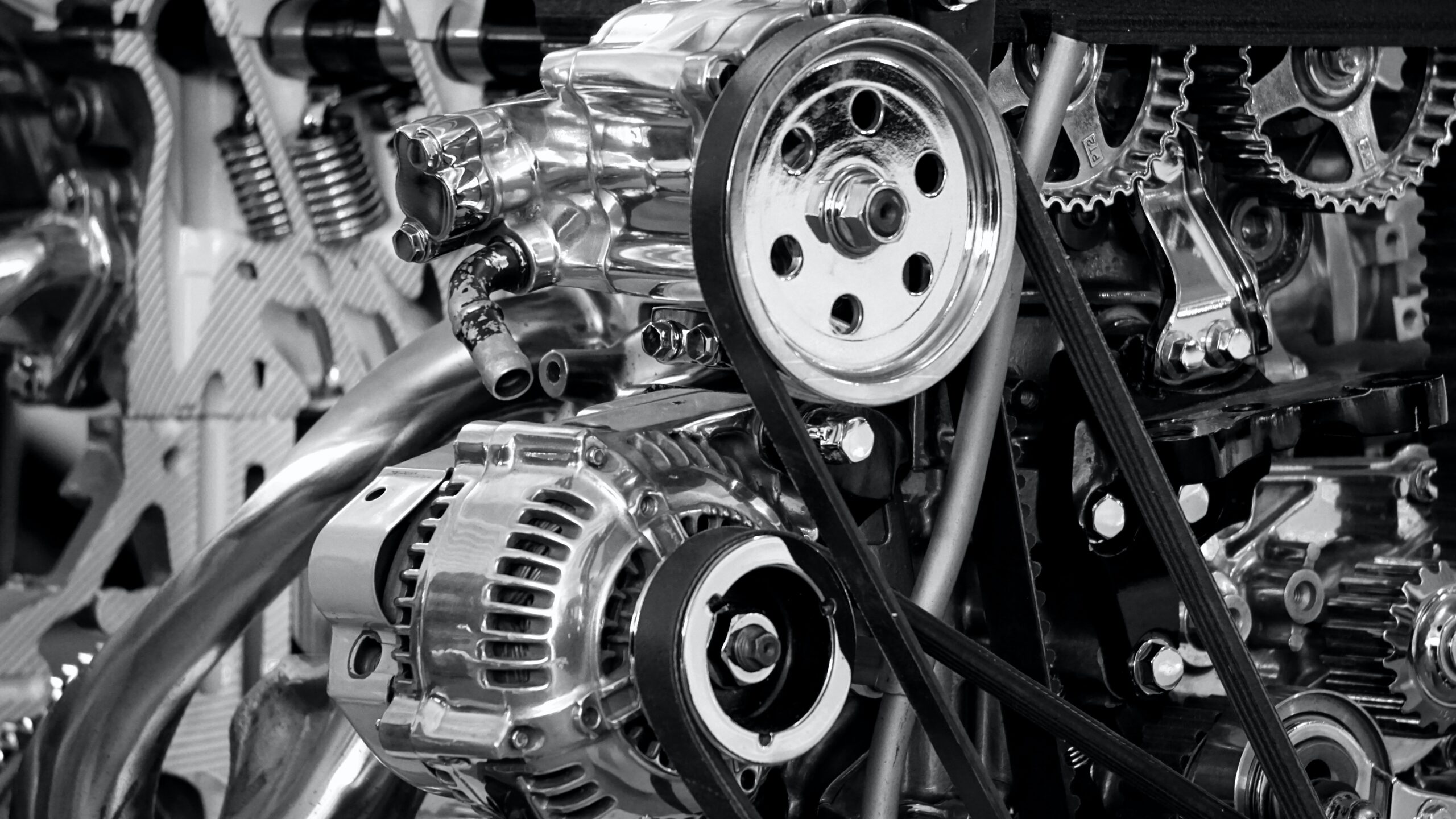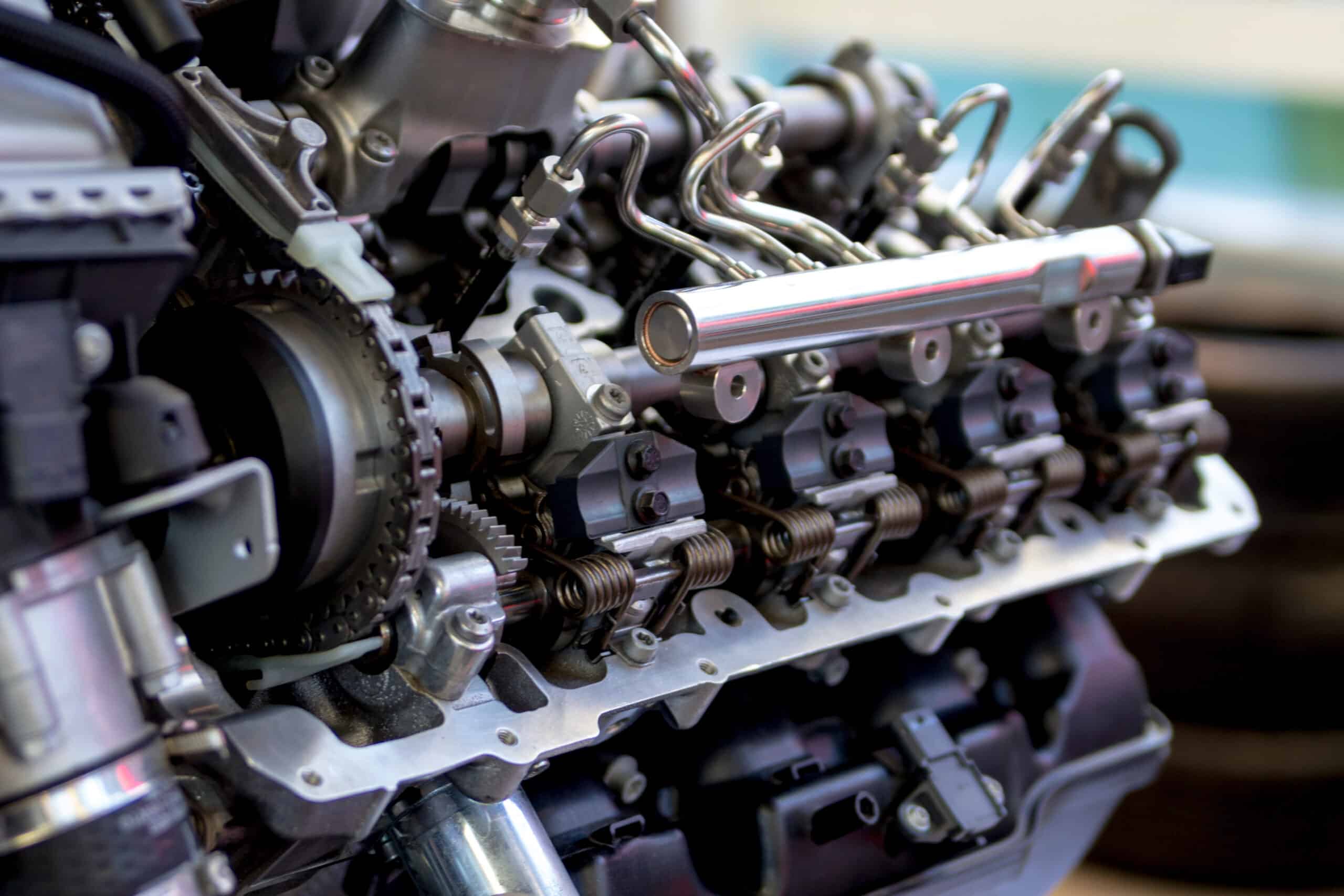Just How to Resource Affordable Solutions from Engines For Africa
Just How to Resource Affordable Solutions from Engines For Africa
Blog Article
Check Out a Wide Range of Engines for Every Lorry and Objective
The automobile landscape is increasingly complicated, with a varied variety of engine kinds developed to satisfy certain performance and effectiveness demands throughout numerous lorry groups. From the high-performance engines that power sporting activities automobiles to the fuel-efficient choices tailored for daily travelling, the choices are substantial and differed. Furthermore, heavy-duty engines serve the needs of work lorries, while eco-friendly options are getting grip in the search of lasting transportation. Understanding these differences is essential for making informed decisions, specifically as arising technologies remain to form the future of vehicle engineering. What effects might these developments hold for customers and makers alike?
Kinds of Automotive Engines
Automotive engines can be categorized into numerous distinctive types, each made to satisfy details performance and performance demands. One of the most common classifications consist of interior burning engines, electric engines, and crossbreed systems.

Electric engines, on the various other hand, operate on electric power saved in batteries, offering instantaneous torque and zero exhausts. These engines are becoming significantly prominent as a result of developments in battery modern technology and the expanding emphasis on sustainability.
Crossbreed systems incorporate both internal combustion and electrical engines, enabling automobiles to optimize fuel efficiency and lower emissions by flawlessly switching between power resources. Each engine kind presents its advantages and downsides, influencing elements such as automobile style, intended usage, and market demand. Comprehending these distinctions is essential for suppliers and customers alike when selecting the suitable engine for their particular requirements.
Efficiency Engines for Sports Cars
Efficiency engines for sports cars are particularly crafted to supply enhanced dexterity, rate, and power, establishing them in addition to conventional automotive engines. These engines frequently utilize sophisticated innovations such as turbocharging, supercharging, and variable valve timing to maximize performance and responsiveness.
Usually, performance engines are designed with greater compression proportions, which enable for higher energy removal from gas. This results in impressive horsepower and torque numbers, allowing rapid velocity and greater full throttle. In addition, the light-weight materials made use of in these engines, such as light weight aluminum and carbon fiber, add to reduced total lorry weight, improving handling and maneuverability.
Engine configurations like V6, V8, and also hybrid systems are common in performance cars, each offering unique advantages in terms of power delivery and driving dynamics. The tuning of these engines is also critical; numerous manufacturers enhance the engine administration systems to provide an exhilarating driving experience, commonly including sport modes that adjust throttle action and gear changes.
Efficient Engines for Daily Commuters
In the realm of everyday travelling, efficient engines play an essential duty in enhancing gas economy and decreasing exhausts while offering trusted performance. As urban populaces expand and environmental issues escalate, the need for automobiles furnished with reliable powertrains has surged.
Modern engines made for daily commuters commonly incorporate modern technologies such as turbocharging, direct fuel shot, and crossbreed systems. Turbocharging improves engine performance by requiring even more air right into the combustion chamber, enabling smaller sized, lighter engines Source that do not endanger power result. Direct fuel shot boosts fuel atomization, leading to far better burning and increased performance.
Crossbreed engines, incorporating inner burning with electric power, further augment fuel economic climate, especially in stop-and-go web traffic, where typical engines can endure from inadequacies. Electric electric motors aid throughout velocity and can operate separately at low speeds, decreasing overall fuel consumption.
Furthermore, developments in engine administration systems and lightweight materials add considerably to efficient engine design. By focusing on efficiency, durability, and environmental sustainability, manufacturers remain to supply engines that not just fulfill the needs of everyday commuting but likewise line up with worldwide efforts to decrease carbon footprints.
Heavy-Duty Engines for Work Vehicles
Heavy-duty engines for job automobiles are regularly engineered to deliver extraordinary torque and dependability under demanding conditions. These engines are made to perform in atmospheres where typical engines may fail, such as construction websites, logging operations, and agricultural settings. The primary emphasis of heavy-duty engines is their capacity to generate high degrees of power while maintaining toughness over extended durations of operation.
Typically, durable engines utilize sophisticated materials and durable construction strategies to withstand the roughness of heavy work. Features such as strengthened cyndrical tube blocks, enhanced air conditioning systems, and advanced gas injection innovations contribute to their efficiency. These engines often visit site run at reduced RPMs, which assists to maximize fuel effectiveness while giving the needed power for carrying and towing.
Along with mechanical robustness, durable engines are often furnished with innovative digital control units (ECUs) that handle efficiency, exhausts, and diagnostics. This assimilation allows for much better tracking and upkeep, ensuring that job cars stay functional and reliable.
Eventually, durable engines are a crucial component in the efficiency of different sectors, giving the essential power and reliability to deal with the most difficult of jobs.
Eco-Friendly Engine Options
The expanding focus on sustainability has caused the growth of environmentally friendly engine choices that prioritize decreased discharges and enhanced fuel efficiency. These engines are developed to lessen the environmental impact of vehicles while still delivering the performance and reliability expected by customers.
Amongst one of the most remarkable environmentally friendly choices are electric and hybrid engines. Hybrid engines integrate standard inner burning engines with electric propulsion, permitting decreased fuel usage and lower greenhouse gas discharges. Electric engines, on the other hand, operate totally on battery power, creating zero tailpipe emissions and contributing to cleaner air top quality.
One more encouraging advancement is the improvement of biofuel engines, which utilize eco-friendly resources, such as plant products, to power automobiles (Engines For Africa). By utilizing biofuels, these engines can lower reliance on nonrenewable fuel sources and lower total carbon footprints

As the automotive sector progresses, environmentally friendly engine alternatives will play an essential duty in driving the change towards even more lasting transportation options.
Final Thought
The automobile sector provides a varied array of engines made to satisfy various car demands and functions. From high-performance engines that improve sporting activities cars and truck capabilities to reliable models prioritizing gas economy for day-to-day travelers, each type serves a certain feature. Heavy-duty website link engines satisfy durable job automobiles, while environmentally friendly alternatives, such as electric and biofuel engines, promote lasting transport. This extensive variety ensures that all driving demands are addressed, adding to innovations in automobile innovation and environmental stewardship.

Report this page